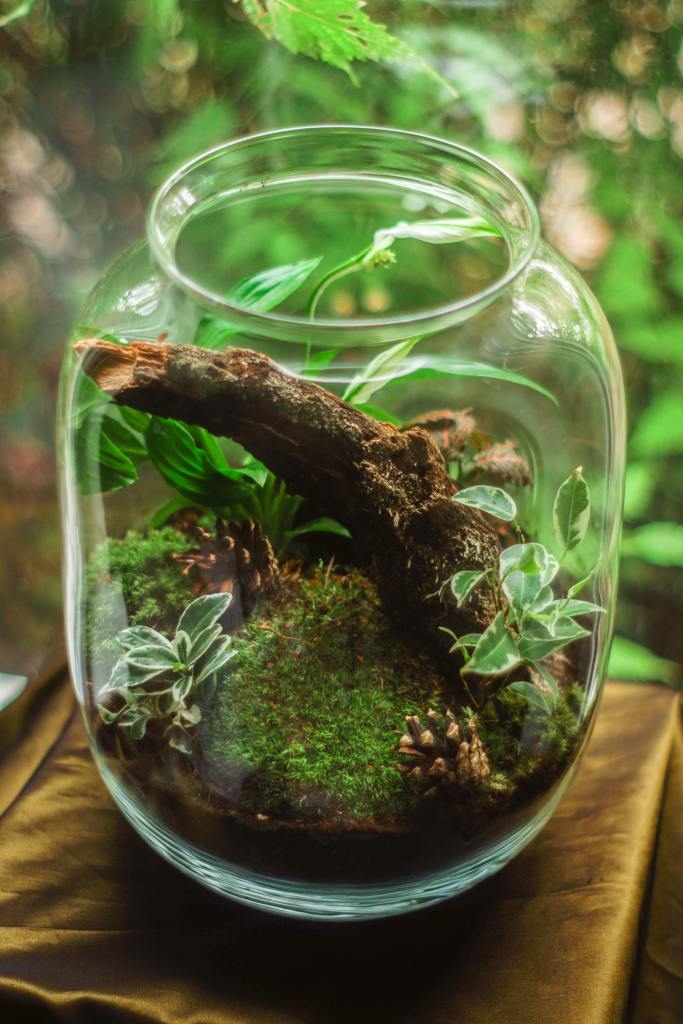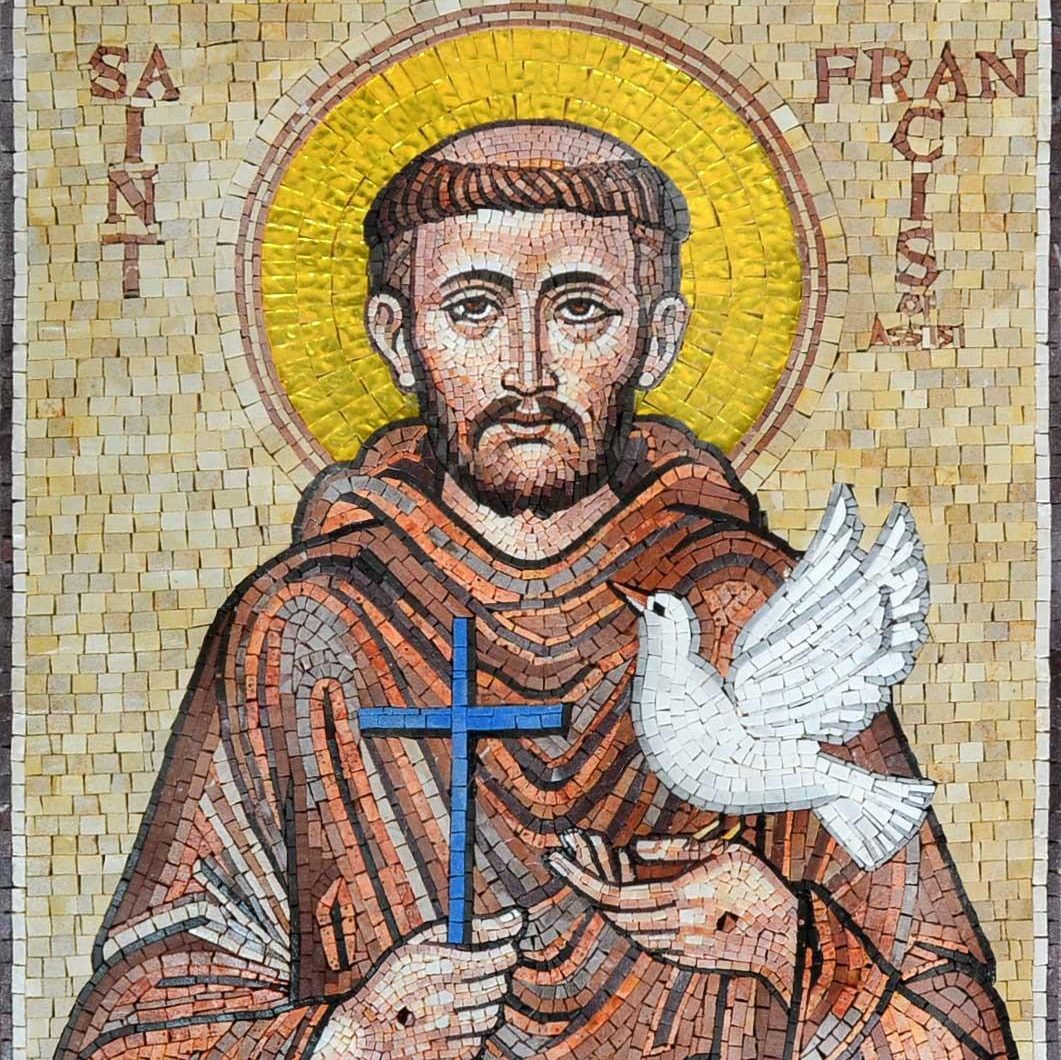In Laudato Si, Pope Francis, invites to experience an ecological conversion:
We need to experience a conversion, or change of heart…it entails gratitude and gratuitousness, a recognition that the world is God’s loving gift, and that we are called quietly to imitate his generosity in self-sacrifice and good works…It also entails a loving awareness that we are not disconnected from the rest of creatures, but joined in a splendid universal communion.

What better time to undergo an ecological conversion than at Easter! So you might ask: what does this ecological conversion look like?
For me, to be ecologically converted means to constantly remind myself that I am part of creation, that I am part of the ecosystem. It doesn’t matter that I live in a house on Phinney Ridge – I am still part of nature and that means respecting God’s handiwork at all times. In practical terms, this means that I frequently think of my carbon footprint and how my decisions and actions affect it.
When purchasing something, for example, a new pair of shoes, a pound of coffee, blueberries, or a stove, the first question I ask is “do I really need it?” Many times, the answer is no, I do not need that! But if the answer is yes, I then think of how to lower the footprint of my acquisition. Can I buy it used or get it free from a neighbor who no longer needs the item (see buynothingproject.org)? If not, then I try to buy it locally (i.e., not online), and purchase the item with minimal use of plastic and packaging, and with as small a carbon footprint for the life of the product, from creation to disposal. This might sound a little intensive and perhaps maddening, but you can start small and then gradually educate yourself more and more about the products you purchase, the actions you take, and the food you eat.
More on ecological conversion next week. In the meantime, remember that Earth Day is around the corner on April 22nd, 2022. And I’d like to point out two excellent opportunities to practice your ecological conversion at the community level if you live in the Seattle area:
- On Saturday, April 23, by attending the Eco-Summit on the Ridge. Details at community.works/ecosummit.
- On Sunday, April 24, by joining the St John Neighborhood Cleanup. More info at saintfrancisseattle.org/earthday2022.
Working together, we can help take care of our common home.
Paul Litwin
